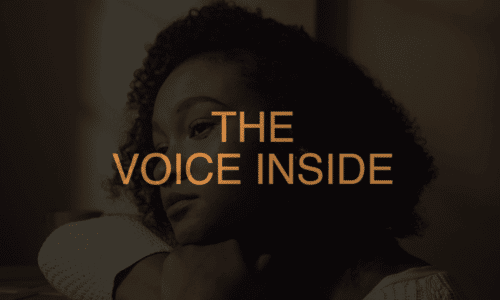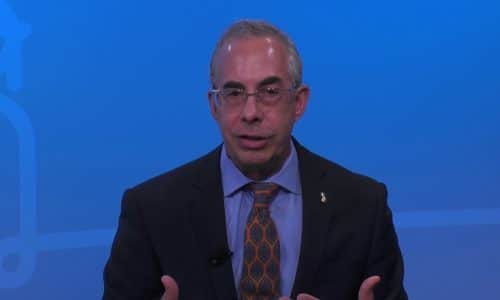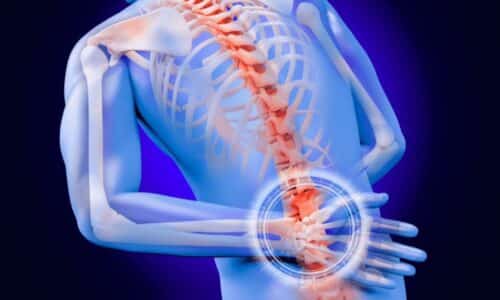The Basics of Back Surgery l Smart Life | Smartlife
Dr. Jose Mena, Interventional Spine Specialist with Miami Orthopedics and Sports Medicine Institute talks with Dr. Georgiy Brusovanik, Spine Surgeon with Baptist Health South Florida about types of spinal surgery in addition to complications and recovery time.
Transcript
Welcome to smart live my name is dr jose mena i’ll be your host in today’s show today i’m joined by my colleague dr georgie brusovanic spine surgeon i’ll be talking to you about questions and and concerns about back pain so i have dr bruce avonik here on the on my order line so we’ll be talking about if all spine surgeries are the same dr menna thank you so much for having me uh on the air with you that’s a hard question um i think there are some elements that are common to all surgeries yet every operation is different every patient is different in some way of course i would say an end spine surgery can be categorized into really two types there is a type of surgery that’s meant to remove compression from the nerves let’s call that decompression surgery and then there’s surgery that’s meant that’s meant to fix deformity so you have a building leaning and you straighten it up and you fix it into place and that’s called a fusion surgery now look there’s some other options in between like disc replacement for example but for the most part I think that’s a very good way to look about spine surgery decompressive versus fusion surgery where you have to put screws and rods that’s actually one of the questions that a lot of patients actually they face when you do a microscopy or when you do a fusion when you do a decompression what are the most uh common indications for this type of surgery so look this is a very interesting question because nomenclature or what we call things makes a big difference now let’s say you have back pain and you get an mri and your mri says that you have a degenerative herniated disc does that mean that you need a micro discectomy because look there are different kinds of disc herniations for example imagine a disc is a big circle like a like a jelly doughnut and a tragedy donut tears and something comes out and starts to press on the nerve patients experience this terrible pain going down their leg a lot of a lot of times that’s referred to as sciatica for that patient the micro dystectomy will do wonders you can sneak in remove that little piece of disc and sneak out now imagine that same situation where the disc hasn’t really torn it just became wider now in that situation if you go in and you do a little cut out of the disc you make it worse it’s like making a bigger hole in a flat tire so I will tell you uh a short answer for microdiscectomy it’s a specific type of a disc herniation that deserves that operation and the patient who is really suffering and saying i can’t live like this is just too much pain to tolerate and those those surgeries for the audience actually because I get those questions how quick those surgeries are are they quick how do they require any patients the operations are quick it takes about an hour but it’s hard for a patient to know which is the one that they actually need i think a lot of it depends on the experienced eye of the spine surgeon looking at them all right not just reading the report and saying okay this is something that I can improve versus this is something that will get better with injections and as you know very well majority vast majority dr mata get better in your hands with the high quality epidural injections that you perform so most of the time it is not a surgical problem no correct we we get that a lot and very small subset of patients actually they go into surgeries but uh the the question is from most patients what will be the recovery time how long they can go back to their daily activities after they undergo this episode so a properly indicated discectomy is a very rewarding operation usually patient wakes up after surgery and says my pain is gone if that night they hit all their milestones they can eat without feeling nauseous and their pain is under control they can go home a properly performed minimally invasive discectomy where no muscles are injured that patient does not need much in the way of recovery that patient does not need much in the way of physical therapy that patient essentially can get back to their work within two to three weeks correct and actually we we also get from patients actually what are warning signs that you require a specific surgery like this because some patients they come into the vr and they say well you need surgery and sometimes when we see this type of patients then of course those patients they don’t require any surgery they might get better with an epidural injection but what are the warning signs that you say yes this patient needs a surgery right now in the coming from the er setting rather than awaiting a conservative care great question dr mello so two things one it’s that mri with a type of a disc herniation that a surgeon can improve the other is the clinical picture it’s a patient who is dying in pain or a patient whose nerve is sick now what does that mean a sick nerve means that the patient is experiencing pain numbness and weakness in the same distribution the same direction is where that nerve travels so for example pain going down to the big toe difficulty lifting the big toe and lifting the ankle and numbness in the same region are a significant combination to me these are the worst warning signs that a patient will likely need an operation and let me ask you what are the main complications from surgeries whenever you do a microsecond what would be your worst fear from those those patients you know I wish more patients would ask me that question dr manna I i always end up volunteering that information but if you don’t go to me for spine surgery ask your surgeon this very important question above all else what kind of complications have you seen doctor what have you done about it look the biggest issue with a mockery discectomy where you remove a little piece of disc is that another little piece can come out from the disk proper and occupy that space to a tune of nine percent now we’ve done studies in the past in combinational neurosurgeons where you can remove more of the disc to see if maybe that will decrease the risk but that just causes more back pain so the reality is that there’s no way to get away from the disc it’s a small elegant operation but that risk is important to discuss and if you do have a re-herniation there’s even a chance that you may need to go back into surgery but that wouldn’t be the first step if you really re-herniate then you try injections once again and most of the time as in like 90 89 of the time these patients do get better on their own look the risk of complications in totality is long but that’s probably the biggest one because truthfully for microdystectomy infections bleeding you shouldn’t hear about that these are complications that would be sort of like the never events let me ask you 12. there’s some there’s some patients they come into office they have a horrendous mri since uh someone warned the same warning signs that you’re saying like have a big toe it’s dropped down they aren’t able to walk and some of those patients are they’re begging me to an injection I tell them listen you have a significant amount of neurological compromise you need to see a spine surgeon obviously you’re taking those patients do you you agree with me or you you think about doing an injection on those patients so you go ahead and do the surgery this is a very tough ethical question you know in the end i have to say what would you and I do if this was our family members if this was my family I would be very very direct with them almost too direct and saying look if you don’t do something you may have permanent damage but the reality is that that probability is very low and surgery has real life-threatening risks now if you can tolerate the pain don’t do surgery if you can tolerate the numbness you won’t die from the numbness so surgery is always the last resort and it’s really only if the patient says i just cannot live with these symptoms for 19 95 of the cases that’s the reality thank you so much and actually thank you for joining me today in the smart life it has been a great conversation hopefully a lot of these patients will be able to to understand and be able to be fully educated because that’s at the end we’re taking care of the patients and we definitely want to do the best thank you so much












